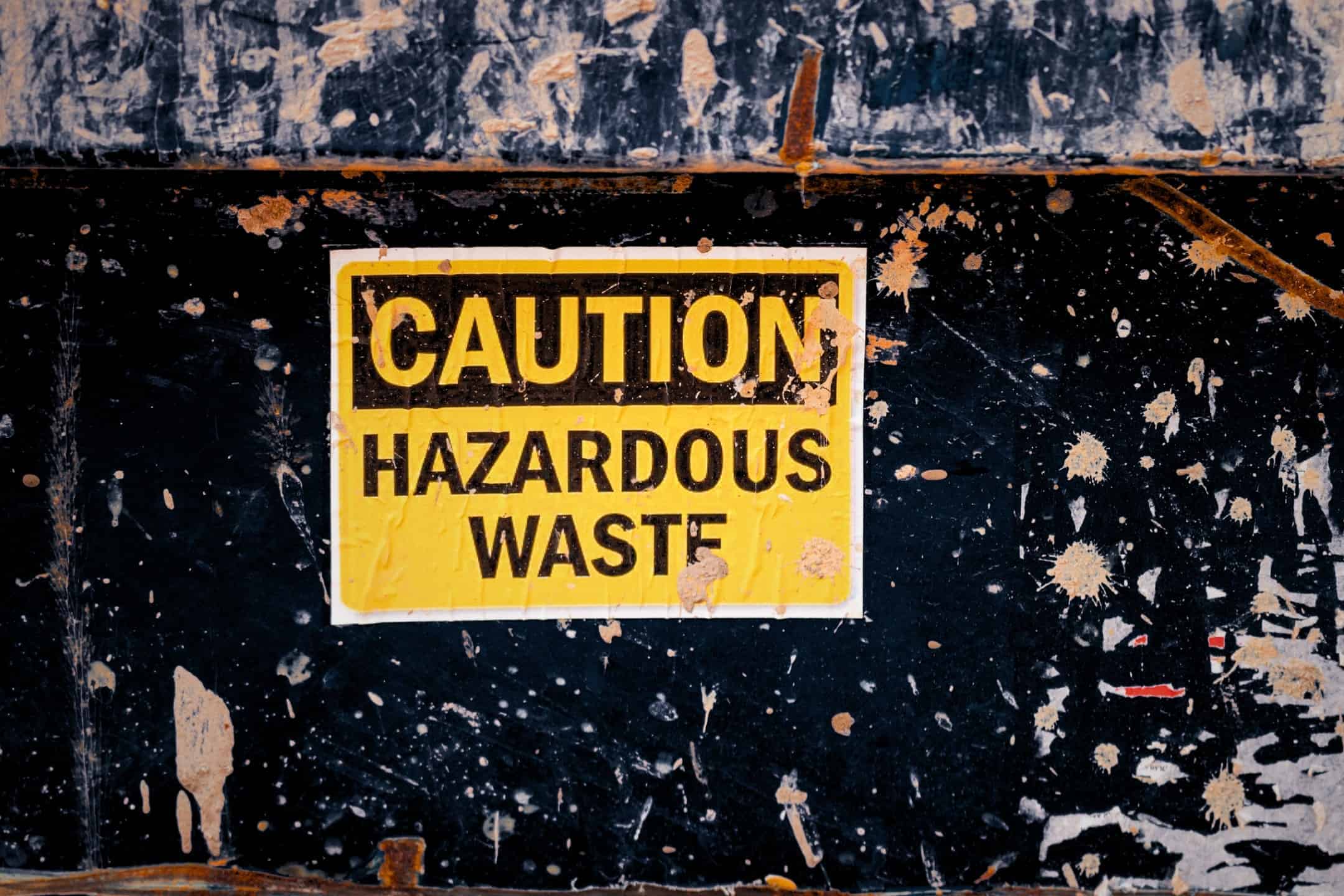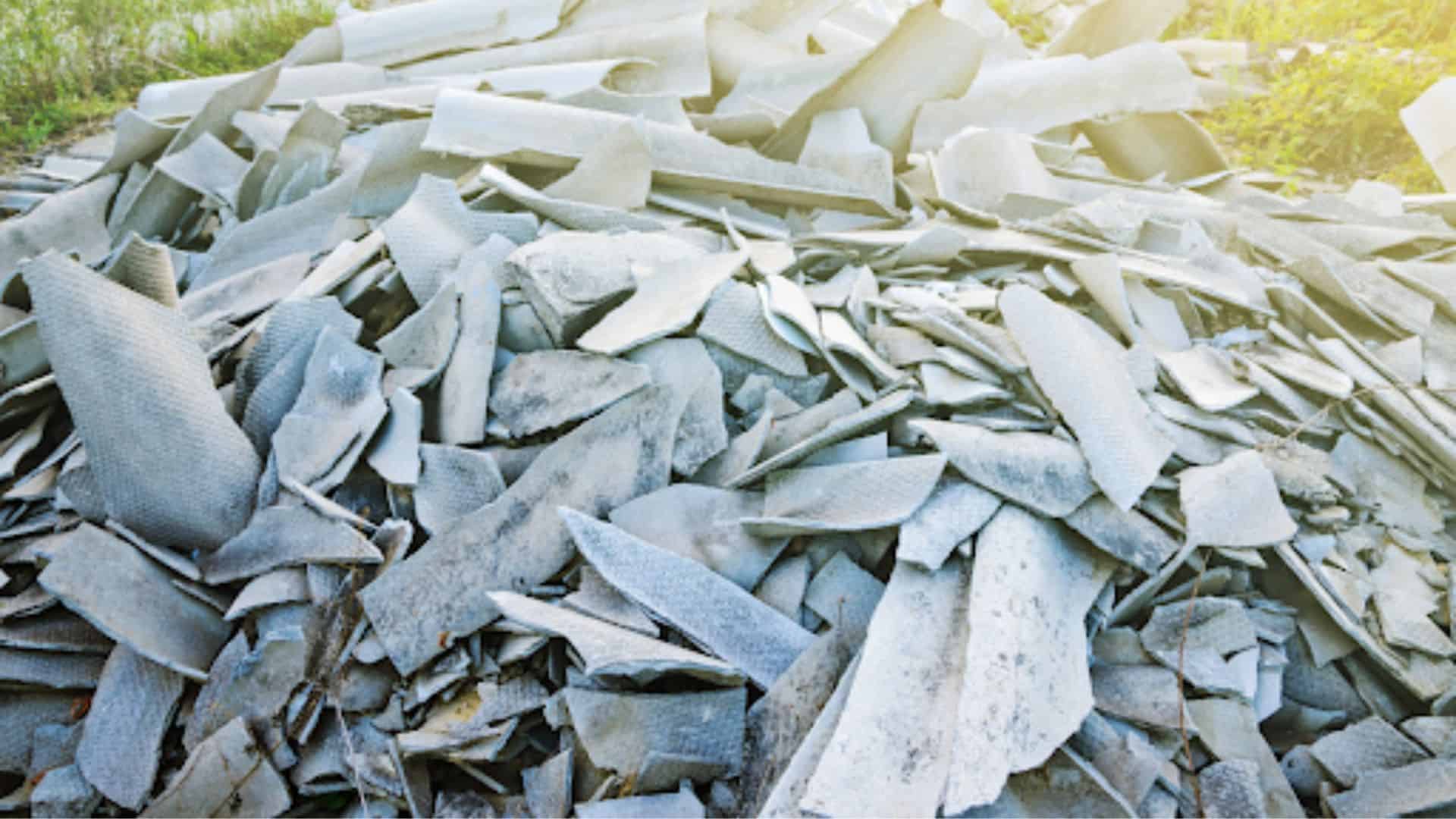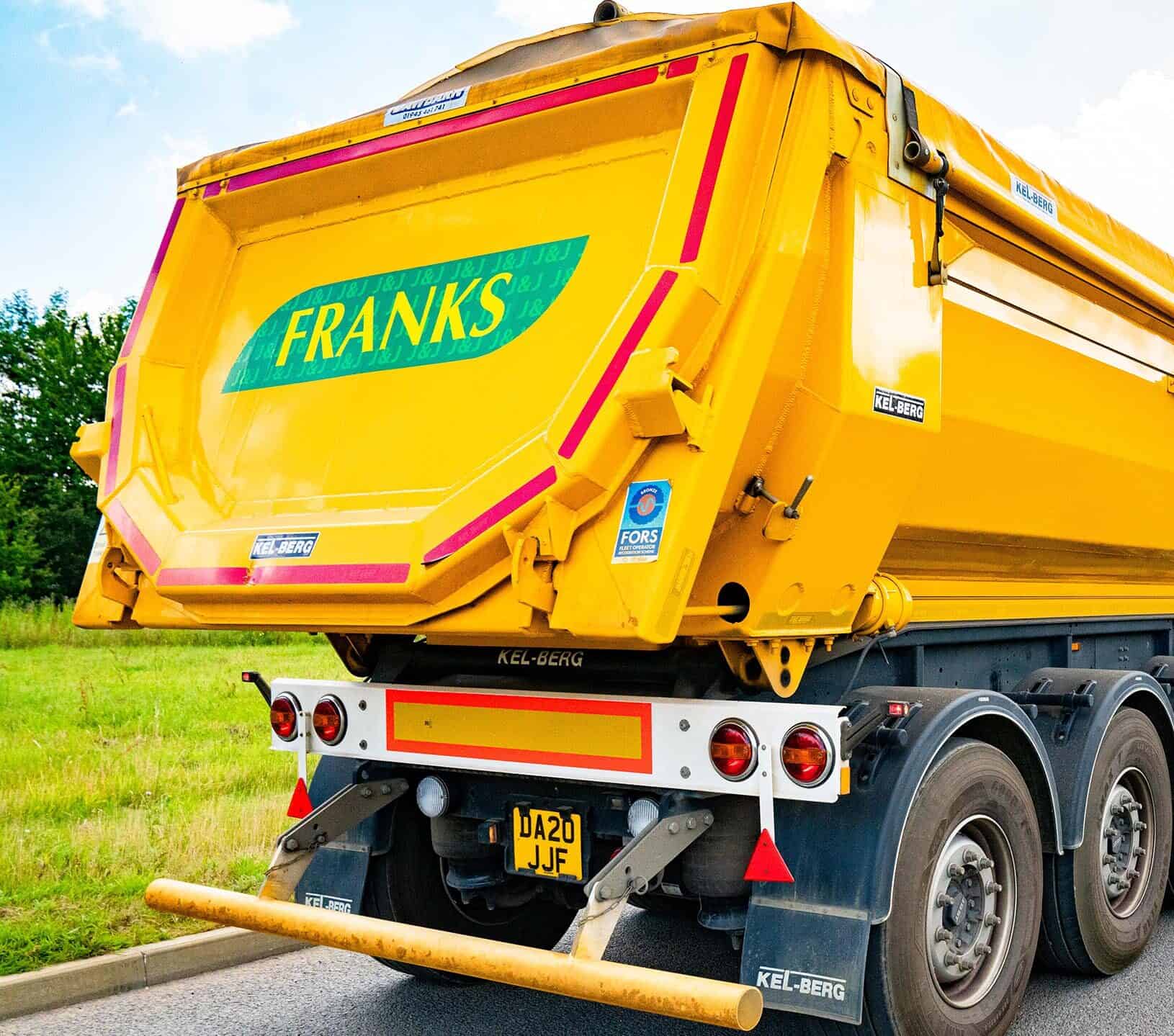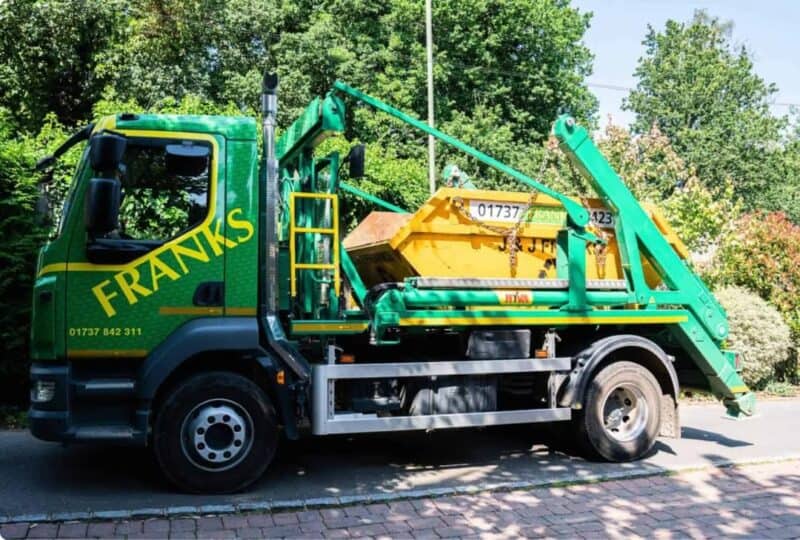In an era of environmental protection and public health, hazardous waste management stands as a paramount concern within the construction industry. Understanding the importance of hazardous waste, including its types, legal obligations, and best practices for disposal, is essential for businesses to ensure compliance and mitigate environmental risks.
Types of Hazardous Waste
Hazardous waste encompasses a spectrum of materials, broadly categorised into four main types: ignitable, corrosive, reactive, and toxic.
Ignitable Waste
Ignitable waste comprises substances prone to ignition under specific conditions, such as solvents, gasoline, and certain chemicals. These materials, commonly found in industrial settings, laboratories, and manufacturing facilities, necessitate careful disposal methods like incineration or recycling where feasible.
Corrosive Waste
Corrosive waste, characterised by its highly acidic or alkaline nature, can inflict damage upon contact with skin or surfaces. Battery acid, rust removers, and certain cleaning agents fall under this category. Neutralisation before disposal and careful handling protocols are essential to prevent leaks or spills.
Reactive Waste
Reactive waste encompasses substances with unstable properties that can trigger violent reactions when exposed to other materials. Examples include explosives, peroxides, and certain chemicals. Due to their hazardous nature, reactive waste mandates specialised handling and disposal through designated treatment facilities.
Toxic Waste
Toxic waste comprises materials posing significant risks to human health and the environment, such as heavy metals, pesticides, and pharmaceuticals. Proper handling and disposal are critical to prevent soil, water, or air contamination and subsequent adverse effects on ecosystems and public health.

Legal and Regulatory Requirements
The management of hazardous waste is subject to stringent legal and regulatory frameworks aimed at safeguarding human health and the environment. In the UK, businesses must comply with statutes such as the Environmental Protection Act 1990 and the Hazardous Waste Regulations 2005. These laws outline obligations concerning waste production, storage, transportation, and disposal, with non-compliance carrying penalties ranging from fines to legal sanctions.
Businesses generating or handling hazardous waste must adhere to several key regulatory requirements:
Waste Identification and Classification
Accurate identification and classification of hazardous waste streams are essential for determining appropriate handling, storage, and disposal methods. Businesses must categorise waste according to its properties, composition, and potential environmental impacts.
Waste Handling and Storage
Secure and compliant storage facilities are necessary to prevent leaks, spills, and unauthorised access to hazardous materials. Proper labelling, containment, and segregation of waste streams are fundamental aspects of regulatory compliance.
Waste Transportation
Transportation of hazardous waste must adhere to specific regulations governing vehicle types, packaging, labelling, and documentation. Licensed carriers with trained personnel are responsible for ensuring the safe and lawful transport of hazardous materials.
Waste Disposal and Treatment
Hazardous waste disposal and treatment must occur at authorised facilities equipped to handle such materials safely and effectively. Businesses must engage licensed waste management companies capable of managing hazardous waste streams in accordance with regulatory standards.
Best Practices for Safe Disposal: Partnering with J&J Franks
To facilitate safe and compliant hazardous waste disposal, businesses should implement best practices across their operations. However, navigating the complexities of hazardous waste management can be challenging, requiring specialised expertise, resources and facilities. This is where partnering with J&J Franks can make all the difference.
Professional Expertise and Experience
J&J Franks brings decades of experience and unparalleled expertise to the table, ensuring that hazardous waste disposal is handled with the utmost care and precision. Our team of trained professionals hold an in-depth knowledge of regulatory requirements and best practices, guiding businesses through every step of the disposal process.
State-of-the-Art Facilities and Technologies
With state-of-the-art facilities and cutting-edge technologies, J&J Franks is equipped to manage hazardous waste streams efficiently and effectively.
By partnering with J&J Franks, businesses can rest assured that their hazardous waste disposal needs are met with strict adherence to legal and regulatory standards. Our commitment to compliance means that businesses can focus on their core operations with confidence, knowing that their waste management obligations are in capable hands.
About J&J Franks
In addition to hazardous waste management, J&J Franks provides a wide range of waste management solutions tailored to meet the diverse needs of our clients. With decades of industry experience, we offer skip hire services, waste removal, and quarry products to residential, commercial, and industrial customers across Surrey and the surrounding areas.
Founded over 80 years ago, J&J Franks has grown to become a trusted name in the waste management industry. Whether it’s skip hire for a home renovation project or quarry products for construction, customers can rely on J&J Franks for quality service and peace of mind.
Conclusion
Effective hazardous waste management demands meticulous attention to detail, regulatory compliance, and a proactive approach to risk mitigation. By understanding the legal requirements, implementing best practices, and partnering with experienced waste management providers like J&J Franks, businesses can navigate the complexities of hazardous waste disposal with confidence, ensuring regulatory compliance.
Contact a member of our team today to learn more!









